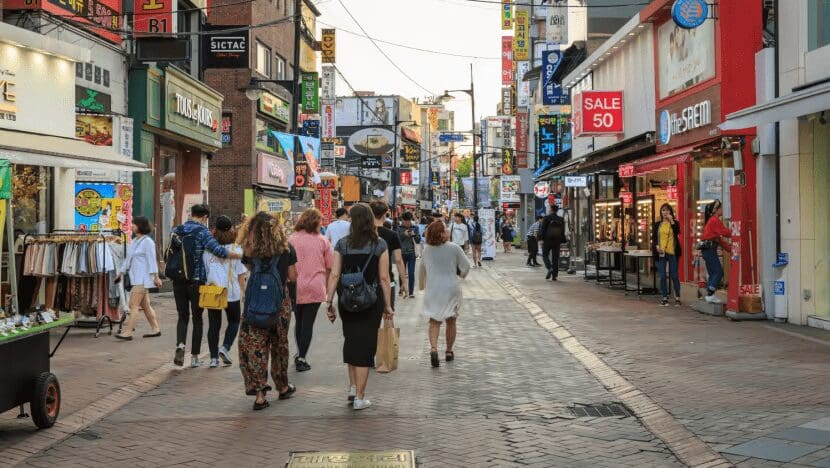See original post here.
Social recluses go to great lengths to avoid personal contact and many live in self-imposed isolation for an extended period.
South Korea’s government hopes to address what is a growing problem across Asia by offering reclusive youths 650,000 won (US$490) as a monthly allowance in a bid to encourage them to leave their homes.
The early intervention support will be provided by the country’s Ministry of Gender Equality and Family, and given to those aged between nine to 24 suffering from “hikikomori”, after a measure was passed on Tuesday (Apr 11).
Hikikomori is a Japanese term to describe a condition of “extreme social withdrawal”, according to US magazine Fortune.
The allowance can be used by shut-in youths to fund “general living expenses, school supplies, cultural experiences and even cosmetic procedures, such as the correction of scars”.
About 350,000 South Koreans aged 19 to 39 are considered to be isolated and lonely, according to The Korea Institute for Health and Social Affairs.
“Secluded youth are often from disadvantaged backgrounds and 40 per cent began living reclusively while adolescents,” reported The Guardian.
On top of a high youth unemployment rate of 7.2 per cent, South Korea has the world’s lowest fertility rate, which further jeopardises productivity.
In trying to tackle the hikikomori issue, Yoon Suk-yeol’s government aims to support reclusive youths in recovering their daily lives and “reintegrate into society”.
PREVALENCE IN ASIA
Earlier this month, a Japanese government survey found that almost 1.5 million working-age people in the country suffer from hikikomori.
Reasons for retreating from Japan’s notoriously conformist and work-focused society range from unemployment and depression, to bullying at school and in the workplace.
While some hermits only go out to shop for groceries or to pursue hobbies, extreme cases include those who rarely leave their homes at all, the survey noted.
The phenomenon can be seen as most prevalent in Japan, but the number of those experiencing hikikomori is growing across East Asia.
This includes Singapore and James Cook University, Singapore has explored the issue, with its recent study showing that individuals with higher hikikomori risk factors had higher social withdrawal tendencies.
Hikikomori in Singapore, however, is generally less extreme compared with Japan or South Korea, due to societal and cultural factors such as parents having the need to “provide for their children (even when they are emerging adults)”, the study said.
“Additionally, individuals in Singapore below the age of 35 are not allowed to own any public housing, resulting in most young adults staying with their parents by default. These individuals may even share rooms with siblings, and therefore become unable to avoid family interactions.”
The study also found that people with high hikikomori risk factors in Singapore “might be suppressing their emotional expressions … to appear functional in society”.
“For a collectivistic society like Singapore, this might be a way for them to conform and not ‘stand out’ from the crowd,” it said.





















